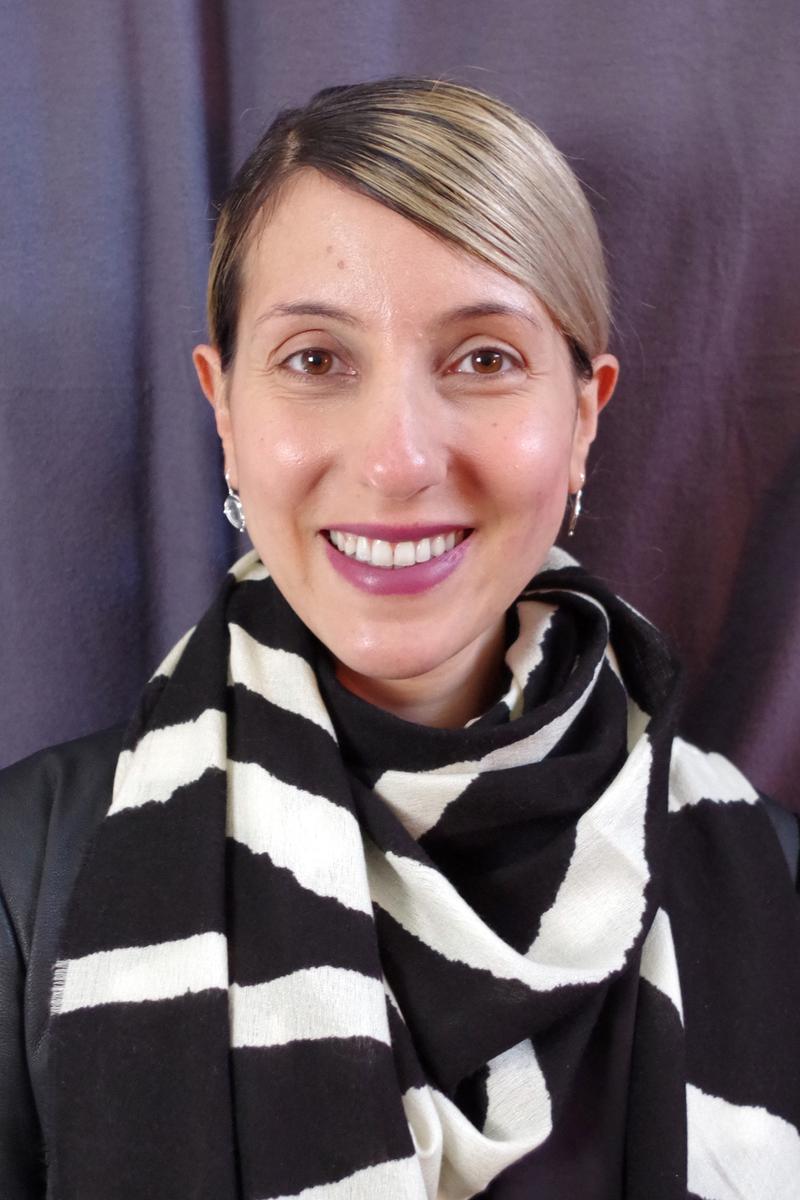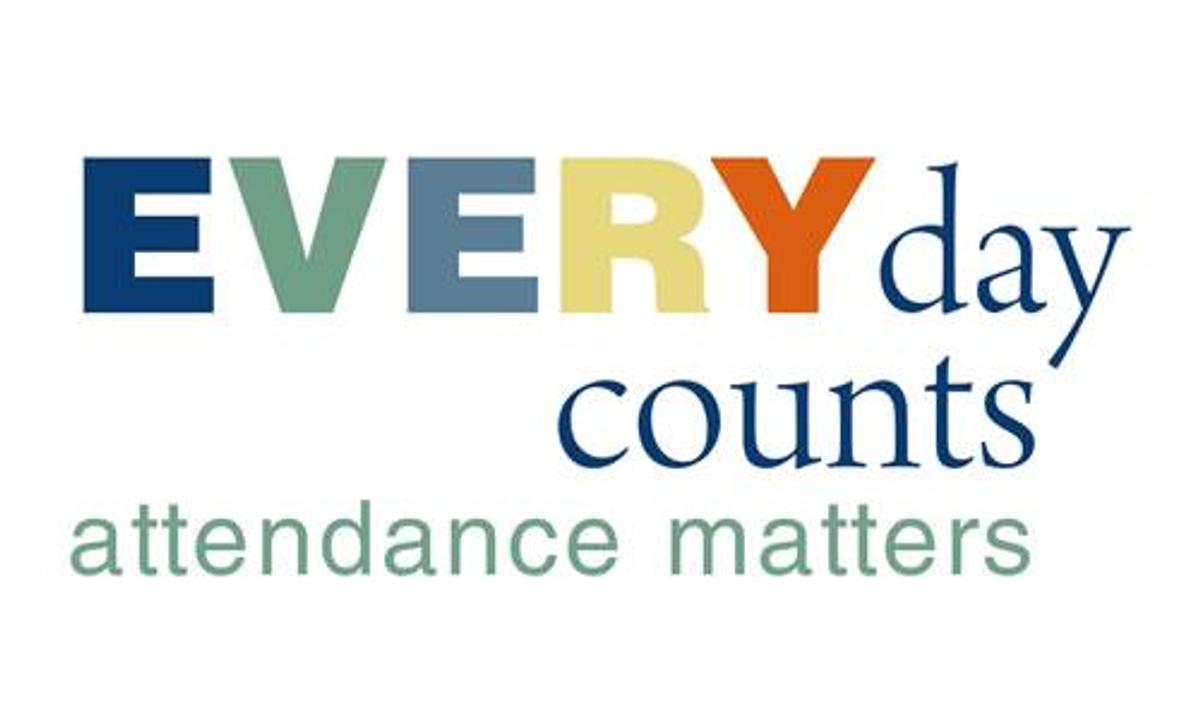Positive Climate for Learning

Stephanie Di Salvo
Assistant Principal
Student Support Group Meeting/ Meet the Teacher
Student Support Group meetings will be conducted after school again this year to ensure students are maximising opportunities to educational programs. Parents/carers will be given the opportunity to meet from 3.30- 4.30 in weeks 2, 3 and 4 (Monday 1st Feb – Thursday 18th Feb)
It will be great to see families during this time as it allows time to not only meet the teacher but to discuss learning goals and priorities for the year.
Student voice is not simply about giving students the opportunity to communicate ideas and opinions; it is about students having the power to influence change. Authentic student voice provides opportunities for students to collaborate and make decisions with adults around what and how they learn and how their learning is assessed. This is known to lead to improved educational outcomes.
For this reason, we encourage your child to be present at the Student Support Group (SSG) meeting, as we know that using three-way conferences (parent/carer, teacher and student), to provide feedback on pieces of work and learning progress leads to enhanced educational outcomes. Staff are looking forward to developing relationships with families in order to best meet the needs of your child/ren.
School Attendance Guidelines – EVERY DAY COUNTS!
The importance of full time attendance at school
Schooling is compulsory for children and young people aged from 6 – 17 years unless an exemption from attendance has been granted. Daily school attendance is important for all children and young people to succeed in education and to ensure they don’t fall behind both socially and developmentally. Children and young people who regularly attend school and complete Year 12 or an equivalent qualification have better health outcomes, better employment outcomes, and higher incomes across their lives. It is important that children develop habits of regular attendance at an early age. School participation is important as it maximises life opportunities for children and young people by providing them with education and support networks. School helps people to develop important skills, knowledge and values, which set them up for further learning and participation in their community.
If you would like a copy of the Jacana School for Autism’s Attendance Policy, please contact reception staff and they will organise a copy to be sent to you. Alternatively, please speak to Michelle Zammit, Student Engagement and Wellbeing Leader if you have any questions in relation to the guidelines and responsibilities or check out the DET web link.
http://www.education.vic.gov.au/school/principals/participation/Pages/everyday.aspx
School attendance is a shared responsibility where we work together to ensure every child maximises their success at school. Parents and carers will be informed of their child/ren’s absences and this data is routinely listed in the mid-year and end of year reports.
Additional AIP Goal: Health & Wellbeing
"By the end of 2021, students who have been recognised as falling behind during R&FL will have received regular small group interventions from the tutor teacher."
To achieve this goal, we have increased the time fraction of the school Social Worker from 0.4 - 1.0 through DET Mental Health Practitioner funding.
Congratulations to Zoe Sharpe who has been appointed to the role.
Zoe, as a Mental Health Practitioner will:
- Build teacher capacity to implement preventative Mental Health strategies and interventions for all students, at a Tier I level
- Assess, conceptualise and analyse student wellbeing issues- Plan and implement evidence-based intervention strategies for students- Coordinate supports for students at a Tier 1 & 2 level
- Work with the Health and Wellbeing team, Student Support Team, Student Engagement Team, classroom teachers and therapy team where necessary to support student re-engagement
- Proactively work with regions and other health professionals to engage further support if required
- Provide direct counselling, early intervention services, or other individualised supports for students identified as at-risk and/or experiencing or demonstrating mild to moderate mental health needs
- Enhance promotion and prevention activities in the school by contributing to whole school health and wellbeing plans



